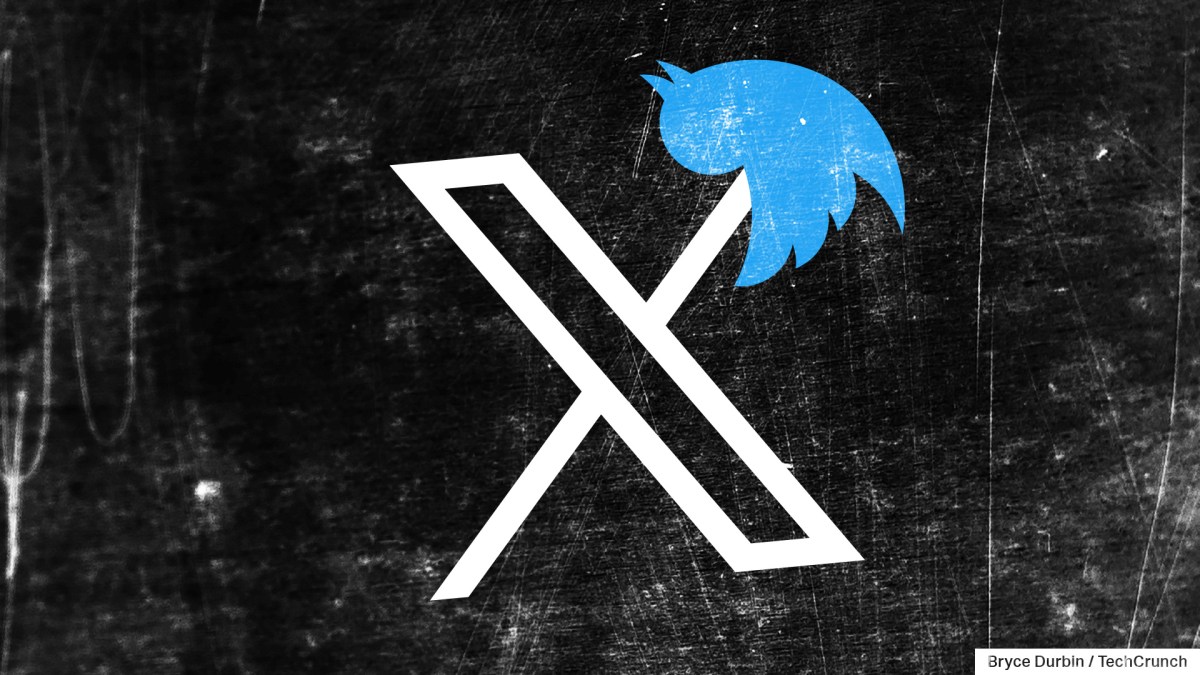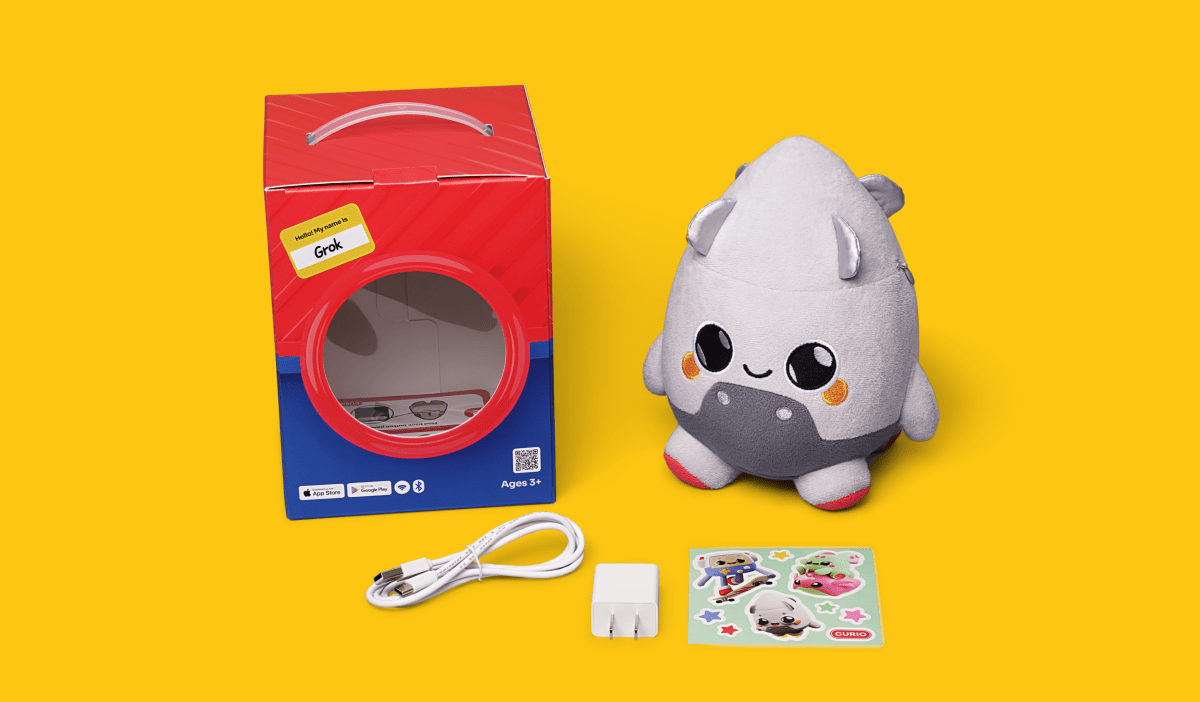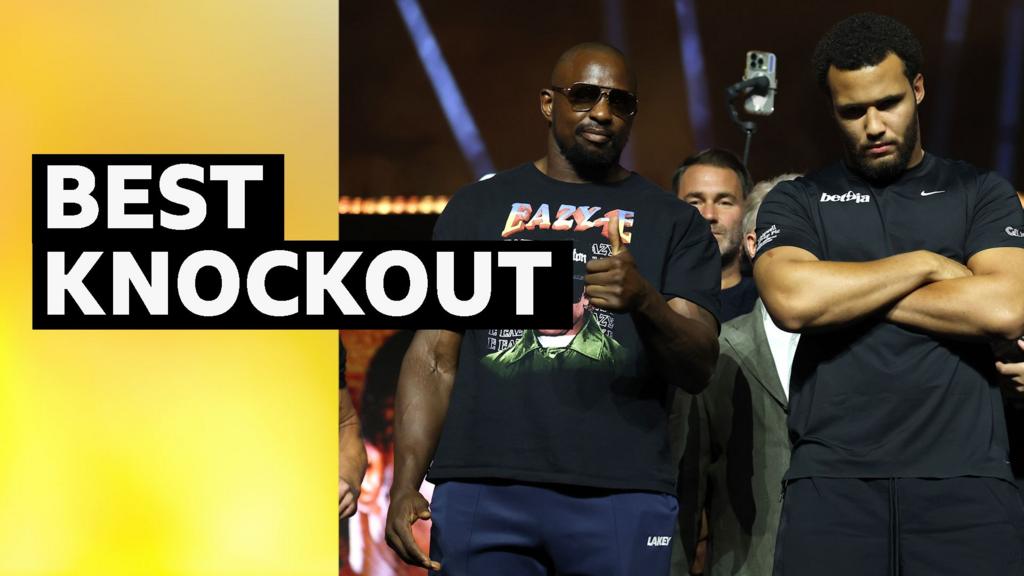What Is Brand Awareness and Why Is It Important?

Brand awareness refers to how well consumers recognize or recall a brand, which can considerably influence their purchasing decisions. When people are aware of a brand, they are more likely to trust it and choose it over competitors. This recognition can stem from various marketing efforts and plays a crucial role in building customer loyalty. Comprehending the mechanisms of brand awareness is fundamental, as it impacts not just immediate sales but likewise long-term business success. What strategies can effectively improve this awareness?
Key Takeaways

- Brand awareness is the recognition or recall of a brand, influencing consumer choices during shopping.
- High brand awareness fosters customer loyalty, trust, and perceived value, even among similar products.
- Familiarity with a brand leads to increased preference, impacting purchasing decisions positively.
- Effective strategies for building brand awareness include social media engagement and impactful marketing campaigns.
- Long-term benefits include repeat purchases, enhanced market share, and the ability to command premium pricing.
Definition of Brand Awareness

Brand awareness is critical for any business looking to thrive in a competitive market. The brand awareness definition refers to how well consumers recognize or recall a brand, which serves as a significant first step in their buying process.
Fundamentally, it comes down to two types: unaided awareness, where consumers spontaneously recall a brand, and aided awareness, where they recognize a brand when prompted. High brand awareness improves visibility, making it easier for consumers to differentiate between products, thereby influencing their purchase decisions.
Successful brands often become synonymous with their products, like Google for search engines.
Measuring brand awareness typically involves analyzing surveys, market research, and metrics such as social media engagement and website traffic, providing insights into a brand’s recognition in the marketplace.
Importance of Brand Awareness

Comprehending the importance of brand awareness is fundamental for any business aiming to succeed in today’s competitive environment.
Brand awareness meaning extends beyond simple recognition; it influences consumer decisions considerably. One-third of consumers have a brand in mind when shopping, making familiarity significant. High brand awareness improves customer loyalty and trust, often leading to higher perceived value, even at comparable quality and price points.
This visibility in a crowded marketplace increases the likelihood of consumers choosing your brand over competitors, driving market share growth. Moreover, effective brand promotion not only attracts new customers but likewise retains existing ones, nurturing long-term business growth and sustainability.
In the end, building strong brand awareness is critical for creating emotional connections and generating positive word-of-mouth marketing.
How Brand Awareness Works

Comprehending how brand awareness works is crucial for any business looking to thrive in a competitive environment.
Brand awareness embeds your brand into consumer memory through repeated exposure and relevance.
Here’s how to build brand awareness effectively:
- Create a clear value proposition that resonates with your target audience.
- Leverage social media marketing to engage potential customers.
- Implement consistent messaging across all platforms to improve recall.
- Cultivate emotional connections through positive branding campaigns.
- Analyze and adjust your strategies based on consumer feedback and market trends.
Psychological Aspects of Brand Awareness

When you think about brand awareness, consider how emotional connections influence your purchasing decisions.
Familiarity with a brand can lead to increased trust and preference, making you more likely to choose it over competitors.
This connection not just impacts your immediate choices but also plays a significant role in developing long-term loyalty to the brand.
Emotional Connections With Brands
Emotional connections with brands play a crucial role in shaping consumer behavior, as familiarity with a brand often leads to increased trust and preference. When you form emotional ties with a brand, brand awareness becomes more profound, influencing your choices.
Here are some key aspects of these connections:
- Positive brand experiences nurture loyalty and repeat purchases.
- Consumers often link brands to specific emotions or memories.
- Familiar brands are typically preferred over unfamiliar ones.
- Negative experiences can overshadow positive ones, stressing the need for consistent quality.
- Emotional branding, through storytelling and relatable content, improves perception.
Understanding these emotional connections helps brands build stronger relationships with consumers, eventually boosting loyalty and driving sales.
Trust and Brand Preference
Trust in a brand can greatly influence your purchasing decisions, especially as brand awareness increases. When consumers recognize familiar brands, they tend to perceive them as more reliable and high-quality.
This preference often stems from positive past experiences and emotional connections, reinforcing the need for a solid brand awareness strategy. Well-known brands like Coca-Cola and Nike exemplify how familiarity can lead to higher perceived value, impacting your choice at the point of sale.
Nevertheless, be mindful that negative experiences can leave a lasting impression, making it essential to manage your brand’s reputation consistently.
Ultimately, building trust through effective brand awareness can greatly shape your preferences and purchasing behavior in competitive markets.
Impact on Loyalty Development
As you navigate the marketplace, you’ll find that brand awareness plays a critical role in developing customer loyalty. Familiarity with a brand cultivates trust, leading to stronger consumer connections.
Here’s how brand awareness impacts loyalty:
- 60% of consumers prefer brands they recognize, indicating familiarity breeds trust.
- 77% of consumers choose brands they feel emotionally connected to over competitors.
- High brand awareness boosts perceived value, with consumers willing to pay more for familiar brands.
- 49% of consumers opt for familiar brands during purchasing decisions.
- Addressing negative experiences swiftly can retain loyalty, as 80% of consumers appreciate effective complaint resolution.
To learn how to increase brand awareness, focus on creating engaging content and maintaining a consistent brand presence across various platforms.
Strategies for Building Brand Awareness

To effectively build brand awareness, businesses must implement a variety of strategic approaches that resonate with their target audiences.
Start by utilizing social media platforms, where users spend over two hours daily, especially Millennials and Gen Z on Instagram and Facebook.
Next, create impactful marketing campaigns that align with your audience’s interests, enhancing visibility and engagement.
Consider forming sponsorships or partnerships at significant events, which can boost your brand’s credibility and awareness.
Furthermore, focus on creating compelling content that not only informs but also engages consumers, nurturing deeper connections.
Finally, maintain consistent branding across all channels, including print, in-store advertising, and digital platforms, to reinforce recognition and effectively learn how to create brand awareness over time.
Utilizing Social Media for Brand Awareness

To effectively utilize social media for brand awareness, you need to focus on creating engaging content that resonates with your audience.
This means crafting posts that not just capture attention but additionally encourage interaction, helping to build a sense of community around your brand.
Engaging Content Creation
Engaging content creation is essential for brands looking to leverage social media effectively, especially bearing in mind that internet users spend over two hours daily on these platforms.
To improve brand awareness through a brand awareness campaign, focus on creating content that resonates with your audience.
Here are some strategies to reflect on:
- Develop informative blog posts and articles.
- Use eye-catching visuals and videos.
- Encourage user-generated content for authenticity.
- Host interactive polls or Q&A sessions.
- Share testimonials and case studies.
Building Community Connections
As social media usage continues to rise, brands have a unique opportunity to build community connections that improve brand awareness. Engaging with your audience on platforms like Instagram and Facebook can boost visibility as well as nurture emotional bonds, which are essential for brand loyalty.
| Brand Awareness Examples | Community Engagement Strategies |
|---|---|
| Social media campaigns | Responding to customer feedback |
| Charity collaborations | Hosting virtual events |
| User-generated content | Engaging polls and questions |
| Influencer partnerships | Sharing community stories |
Measuring Brand Awareness

Measuring brand awareness is essential for comprehending how effectively a brand reaches and resonates with its target audience.
To understand how to measure brand awareness, consider these methods:
- Conduct surveys evaluating unaided and aided recall to gauge recognition.
- Analyze web traffic metrics, focusing on new user visits to evaluate campaign effectiveness.
- Monitor social media engagement metrics, like followers and comments, as indicators of interaction.
- Use share of search analysis to compare branded search volume against competitors.
- Employ tools like Google Analytics to track branded search trends and measure consumer interest.
Tools for Assessing Brand Awareness

To effectively assess brand awareness, you can utilize various tools that measure consumer recognition and engagement.
Survey methodologies help gauge how well your audience recalls your brand, whereas engagement metrics analysis tracks interactions across platforms to provide insight into your brand’s visibility.
Survey Methodologies
Surveys serve as one of the most effective tools for evaluating brand awareness, enabling companies to gather valuable insights into consumer recognition and recall.
By employing various survey methodologies, you can track brand awareness metrics effectively. Here are some key aspects to take into account:
- Utilize online survey platforms for efficient data collection.
- Measure both unaided and aided awareness among consumers.
- Conduct periodic brand tracking studies to monitor changes over time.
- Analyze engagement metrics from social media to complement survey data.
- Use tools like Google Analytics to correlate survey findings with actual consumer behavior.
Engagement Metrics Analysis
As brands endeavor to improve their visibility and recognition, evaluating engagement metrics becomes essential for measuring the effectiveness of brand awareness initiatives.
Engagement metrics, like social media likes, shares, and comments, serve as key indicators of consumer interaction, directly linking to brand awareness KPIs. Tools such as Google Analytics track web traffic and unique visitors, revealing how awareness drives new user engagement.
Monitoring branded search volume helps assess brand recognition, whereas share of voice analysis evaluates a brand’s visibility compared to competitors. Furthermore, conversion rates provide insights into how well awareness translates into sales, establishing a direct connection between engagement and business performance.
Together, these metrics form a thorough framework for analyzing brand awareness effectiveness.
Examples of Successful Brand Awareness Campaigns

Successful brand awareness campaigns illustrate how strategic initiatives can markedly boost a brand’s visibility and consumer engagement.
Here are some notable examples of building brand awareness:
- Coca-Cola’s “Share a Coke” campaign personalized bottles with popular names, boosting Twitter mentions by over 500,000.
- Nike’s “Just Do It” slogan, supported by celebrity endorsements, has achieved a global recognition rate exceeding 90%.
- Airbnb‘s “Belong Anywhere” campaign utilized user-generated content, increasing brand awareness by 30%.
- Ralph Lauren’s targeted social media ads resulted in an 18% rise in online sales.
- Shoes of Prey leveraged influencer marketing, leading to a remarkable 300% increase in sales.
These examples show how innovative strategies can effectively improve brand visibility and consumer engagement.
Special Considerations for Brand Awareness

Even though building brand awareness is crucial for success, there are several special considerations that brands must keep in mind to navigate today’s digital environment effectively.
First, keep in mind that internet users spend over two hours daily on social media, so targeting platforms like Instagram and Facebook is fundamental for reaching Millennials and Gen Z.
Additionally, addressing negative consumer experiences quickly is critical, as they can greatly impact brand perception.
To measure brand awareness effectively, consider using surveys, social media engagement metrics, and website traffic analysis.
Finally, leveraging data-driven insights allows you to tailor content for specific demographics, thereby enhancing relevance and engagement.
The Impact of Brand Awareness on Consumer Behavior

High brand awareness plays a crucial role in shaping consumer behavior, greatly influencing purchasing decisions.
When consumers recognize a brand, they often associate it with positive experiences, leading to increased trust and loyalty. This brand popularity metric affects how you choose products, as familiarity can enhance perceived value.
Here are some key impacts of brand awareness on your behavior:
- You’re more likely to regard familiar brands when shopping.
- Positive experiences drive repeat purchases.
- Well-known brands often seem more valuable, even though quality is similar.
- You might pay premium prices for trusted brands.
- Recognition simplifies your decision-making process during purchases.
In essence, high brand awareness not only sways your choices but likewise reinforces the brands you prefer.
The Long-Term Benefits of Brand Awareness

When you consider the long-term benefits of brand awareness, it’s clear that it plays a pivotal role in shaping consumer loyalty and market positioning. High brand awareness not only encourages repeat purchases but likewise leads to long-lasting customer relationships.
When consumers recognize your brand, they’re more likely to choose it over competitors, which can greatly raise brand awareness and market share. Furthermore, satisfied customers often engage in word-of-mouth marketing, sharing their positive experiences and further amplifying your brand’s visibility.
Consistent brand awareness boosts perceived quality, allowing you to command premium pricing in spite of similar alternatives. In the end, these factors contribute to sustained profitability and solidify your brand’s position in the marketplace, ensuring long-term business growth.
Frequently Asked Questions

What Is Brand Awareness and Its Importance?
Brand awareness is how well you recognize or recall a brand. It’s essential since it boosts visibility and trust, making you more likely to choose familiar products over unknown ones.
High brand awareness can lead to increased customer loyalty and engagement, influencing your purchasing decisions.
Businesses measure brand awareness through surveys and social media metrics, using this data to improve marketing strategies and guarantee long-term growth in a competitive market.
What Are the 4 Levels of Brand Awareness?
There are four levels of brand awareness that you should know.
First, brand recognition allows consumers to identify your brand when prompted.
Second, brand recall occurs when they can name your brand without any cues.
Third, top-of-mind awareness means your brand is the first one they think of when considering a category.
Finally, brand loyalty reflects a strong emotional connection, leading to repeat purchases and advocacy for your brand among others.
What Are the Three Types of Brand Awareness?
There are three types of brand awareness: unaided, aided, and top-of-mind awareness.
Unaided brand awareness is when consumers can recall a brand without any hints.
Aided brand awareness occurs when they recognize a brand after receiving prompts, like its name or logo.
Top-of-mind awareness is the brand that first comes to mind in a specific product category.
Each type measures different levels of familiarity and recognition, essential for effective brand strategy.
What Is an Example of Brand Awareness?
An example of brand awareness is Coca-Cola’s “Share a Coke” campaign. By personalizing product labels with popular names, Coca-Cola greatly increased consumer engagement and brand recognition.
This strategy not merely made the product more relatable but additionally encouraged customers to share their experiences on social media. As a result, Coca-Cola saw a boost in sales and strengthened its brand presence, illustrating how effective marketing can improve brand awareness in a competitive market.
Conclusion

In conclusion, brand awareness is a critical component of consumer behavior that influences purchasing decisions and nurtures loyalty. By recognizing and recalling a brand, consumers are more likely to choose it over competitors. Comprehending the psychological aspects and employing effective strategies can greatly improve brand awareness. Long-term success hinges on cultivating this awareness, as it builds trust and emotional connections. In the end, prioritizing brand awareness can lead to increased market share and sustained business growth.
Image Via Envato
This article, "What Is Brand Awareness and Why Is It Important?" was first published on Small Business Trends
What's Your Reaction?
 Like
0
Like
0
 Dislike
0
Dislike
0
 Love
0
Love
0
 Funny
0
Funny
0
 Angry
0
Angry
0
 Sad
0
Sad
0
 Wow
0
Wow
0































































































